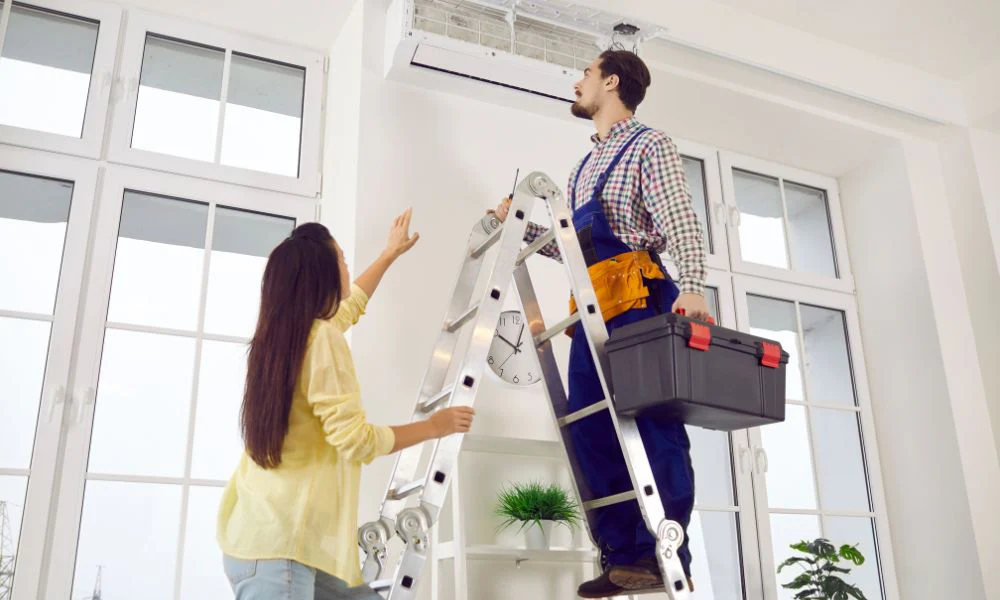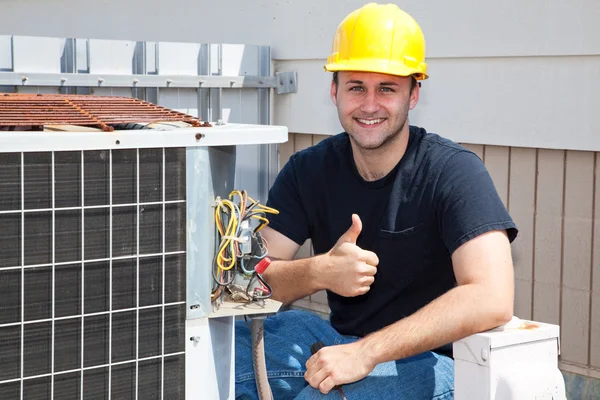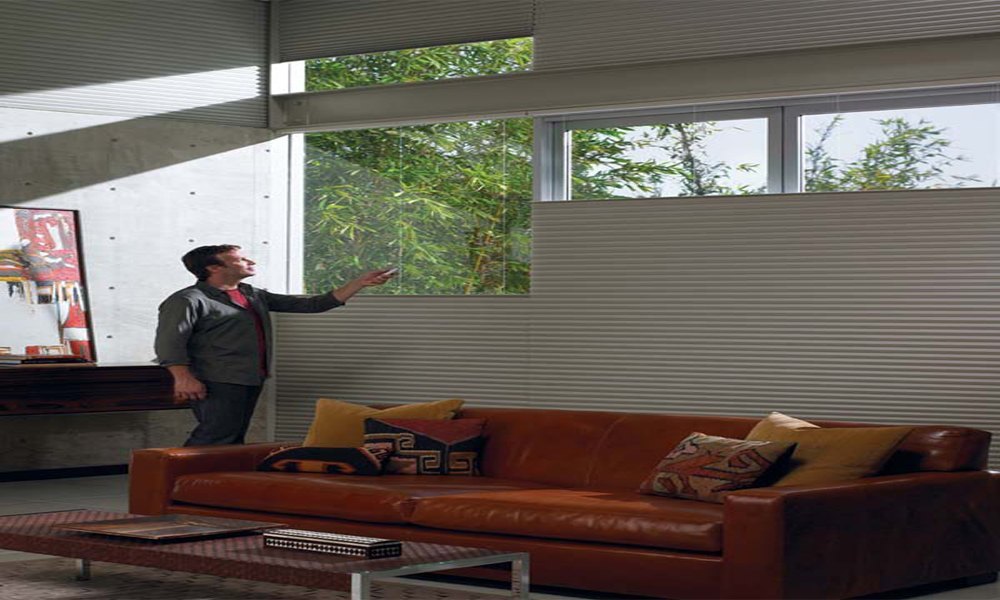For year-round comfort, one of the most important parts of a home is its HVAC (heating, ventilation, and air conditioning) system. These systems control indoor temperature, humidity, and air quality, making them essential for both hot summers and cold winters. Given their significance, ensuring the longevity of an HVAC system not only enhances the comfort of your living space but also saves money in terms of repairs and replacements. This guide will explore several effective strategies to extend the lifespan of your HVAC system and keep it running efficiently for years to come.
Ensure Proper Ventilation
Good airflow is essential to the efficiency of an HVAC system. Blocked vents, closed doors, and obstructed ducts force the system to overwork, reducing its longevity. It’s important to ensure that the airflow is not compromised by blockages or furniture covering vents.
Additionally, sealing any leaks in the ductwork is crucial for maintaining efficient airflow. Leaky ducts cause air to escape, forcing your system to operate longer and harder than necessary, which can lead to premature failure of key components.
Keep Outdoor Units Clean and Clear
Your HVAC system’s outdoor unit, typically the condenser, needs space to breathe. This unit is responsible for releasing heat from inside your home to the outdoors. If it’s clogged with debris or vegetation, it can’t perform efficiently, causing your system to overheat and eventually break down.
To prevent this, clean the outdoor unit regularly by removing leaves, dirt, and other debris. Keep a clear zone around the unit by trimming back any shrubs or plants that grow too close. Make sure there are at least two feet of clearance around the condenser to allow for optimal airflow.
Install a Programmable Thermostat
Your HVAC system will last much longer if you use a programmable thermostat to make sure it only runs when it’s needed. Changing the temperature by hand throughout the day puts extra stress on the system that isn’t needed. You can set a preset thermostat to change the temperature on its own when you’re not home or asleep. This makes your HVAC unit’s job easier.
This is even better with smart thermostats, which learn your habits and change the system to work best for you while reducing wear and tear.
Insulate Your Home Properly
By keeping the temperature inside your home stable, well-insulated homes make your HVAC system’s job easier. If your insulation isn’t good, warm or cool air will leave, making your system work harder to keep the temperature where you want it to be.
To improve insulation:
Seal any gaps around windows and doors.
If you need to, insulate your walls and roof.
Tape or glue around leaks to stop them.
Proper insulation reduces the frequency with which your HVAC system needs to cycle on and off, leading to a longer lifespan.
Avoid Overworking Your HVAC System
While it’s tempting to run the air conditioning or heat at full blast during extreme weather, overworking your system can shorten its lifespan. During particularly hot or cold days, try to keep the thermostat set at a moderate temperature rather than overtaxing the system.
Using ceiling fans, portable fans, or space heaters can help distribute air more evenly without putting extra strain on your HVAC. This allows you to stay comfortable without running the system constantly.
Upgrade Your System When Necessary
No HVAC system will last forever, and sometimes, upgrading to a more energy-efficient model is the best way to prolong its life. Modern HVAC systems are designed to be more efficient, using less energy while providing better heating and cooling.
It might be time to get a new system if your old one is more than 10 to 15 years old, especially if your energy bills have been going up or you’re having to fix it a lot. Newer types are made with more advanced technology that reduces wear and tear. This means they break down less often and last longer.
Monitor for Warning Signs
By paying attention to the danger signs, you can keep your HVAC unit from breaking down completely and make it last longer. Some common indicators that your system may need attention include:
Unusual noises like grinding, banging, or squealing
Weak airflow
Uneven heating or cooling in different areas of your home
Strange odors
Frequent cycling on and off
If you notice any of these issues, it’s best to contact a professional HVAC technician to assess the problem and prevent further damage.
Invest in Regular Duct Cleaning
Not only does dirty ductwork lower the quality of the air in your home, it can also make your HVAC system work less well. Over time, dust, dirt, and even mold can build up in your ducts, blocking airflow and making your system work harder. Cleaning your ducts on a regular basis keeps your system running easily and keeps its parts from getting too stressed.
A professional duct cleaning service can get rid of these contaminants and make sure your ducts are sealed properly so they don’t get clogged again. Cleaning your air ducts makes the flow of air better, which makes your HVAC system work less hard and can help it last longer.
Schedule Bi-Annual Tune-Ups
Even with all the DIY maintenance you can perform, it’s still essential to schedule bi-annual tune-ups with a professional technician. During these visits, technicians can check the overall health of your HVAC system, perform deep cleaning, and ensure that every component is working as it should.
Bi-annual tune-ups, typically performed in the spring and fall, help prepare your system for the changing seasons. A well-maintained system is less likely to suffer from unexpected breakdowns and will have a longer service life.
Conclusion
By regularly maintaining your HVAC system, you can make it last a lot longer and make sure it works well and reliably for many years to come. Changing the air filters, setting up regular tune-ups, and keeping the system clean are all easy things you can do to make your HVAC unit last longer. By doing these things for care and keeping an eye out for signs of wear, you can keep your home comfortable all year without having to pay for expensive repairs or replacements.





